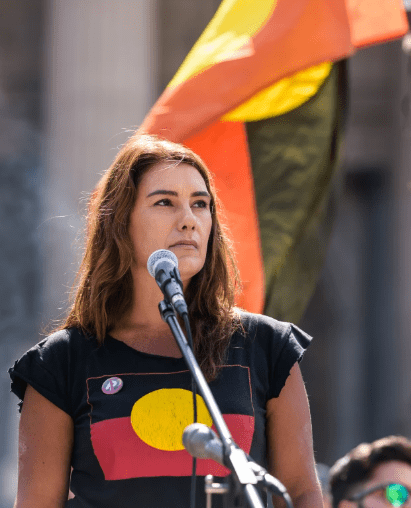Millions of Australians have less than a grand to their name and about 3 in 4 say they are stressed with their current financial situation.
A recent study conducted by the comparison website Finder has unveiled concerning statistics about the financial situation of Aussies, shedding light on a stark contrast between the financial haves and have nots.
According to the research, a staggering 9.4 million people find themselves with less than $1000 AUD in their bank accounts, reflecting the precarious financial situation faced by a significant portion of the population.
However, the study, which comes amid the cost-of-living crisis, also reveals a significant disparity between those with meager savings and those who are more financially secure.
On average, Australians have $36,095 stored in their bank accounts, with the nation’s super savers significantly contributing to this figure.

The data further highlights that individuals with more than $1,000 in savings boast an average bank balance of $65,078, an amount equivalent to two-thirds of the average full-time salary in Australia, which stands at $98,217.
Graham Cooke, head of consumer research at Finder, shared concern over the financial challenges faced by Australian households.
“Cost of living pressure in Australia is at a record high, which is why so many Aussies having no savings buffer is a huge concern,” Cooke said.
He emphasised that unexpected expenses, such as a flat tire, could pose significant challenges for many households, pushing them into financial strain.
Cooke highlighted the risks associated with relying on credit cards, loans, and buy-now-pay-later schemes to cover everyday expenses, urging Australians to prioritize building precautionary savings equivalent to three months of income.
“Find what savings you can create in your everyday expenses – $50 shaved off your monthly car insurance bill could equate to an extra $600 by the end of the year,” Cooke advised.
He also encouraged people to explore avenues for increasing their income streams to facilitate savings accumulation.
“A high-interest savings account is designed for people who want to build up their savings while earning more interest than a standard bank account,” Cooke explained.
“A recurring investment of $100 a week into a high-interest savings account paying 5.50% interest would amount to $2,642 in two years.”

